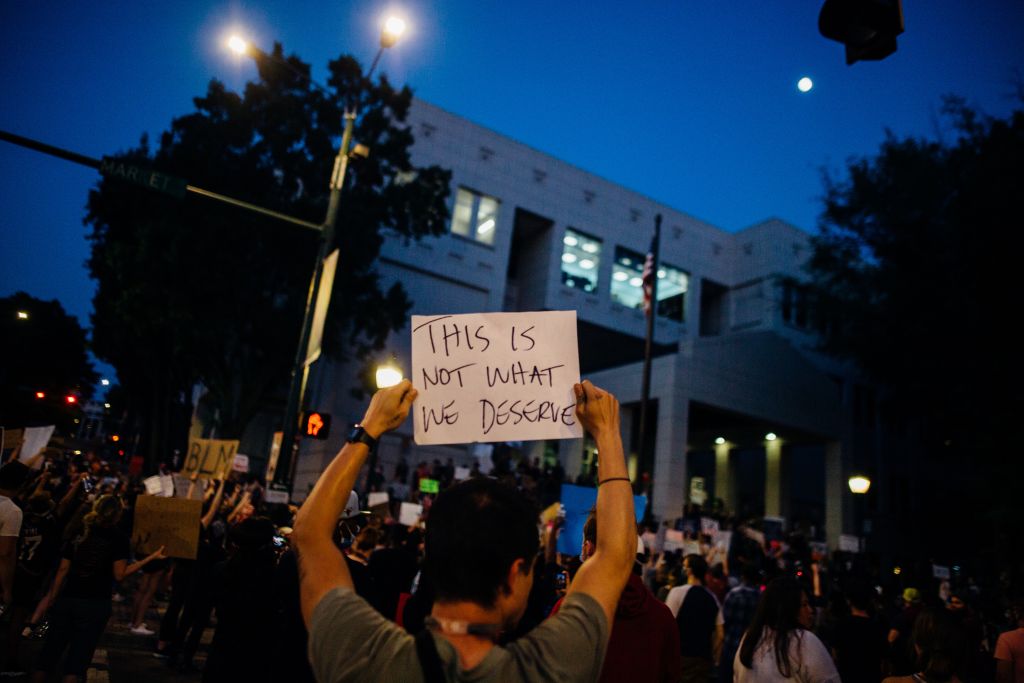 Despite the progress that we have made towards equality in the UK over the last several decades, many LGBTQ+ and BAME people face significant barriers to leading happy and healthy lives, free from mental health issues. The mental health of these communities is important because they often face individual and societal challenges that affect access to healthcare and overall mental and physical health.
Despite the progress that we have made towards equality in the UK over the last several decades, many LGBTQ+ and BAME people face significant barriers to leading happy and healthy lives, free from mental health issues. The mental health of these communities is important because they often face individual and societal challenges that affect access to healthcare and overall mental and physical health.
While the challenges these communities face are different, the mental health outcomes are similar. Over 50% of LGBTQ+ people surveyed in 2018 reported that they had experienced anxiety or depression in the last 12 months, and suicide rates along with rates of psychosis and psychotic disorders are startlingly higher in the BAME communities.
The strain of living in a society where oppression, discrimination and marginalisation are routinely encountered is a source of ongoing stress and anxiety. In many areas of this country there is still ongoing social stigma for a person’s sexual or romantic orientation, gender identity or race.
In the face of this disapproval and oppression it’s even more difficult than usual to form a strong sense of self, the pressures of societal expectation feeding into higher levels of depression, anxiety, substance use and other mental health issues for many.
Between 1/3 to 1/4 of BAME report being bullied at work in surveys undertaken as recently as this year. Discrimination may be overt with victims experiencing verbal or physical bullying and sexual assault, or covert with people being socially rejected. The discrimination of LGBTQ+ and BAME people spans all aspects of their lives, from housing to education to healthcare. These experiences affect a person’s confidence, their self-identity and how secure they feel in their communities. This has a follow-on effect of changing a person’s perception of what they are worth as a member of society and how they expect to be treated within it.
When seeking therapy for issues related to sexual preference or race, it can be difficult to find a qualified mental health professional who has experience with the challenges that their community faces. Working with a trained and qualified hypnotherapist can help you move past unhelpful messages and beliefs and to find more ways of being and interacting in the world. The National Council for Hypnotherapy has a register of therapists who indicate their experience and willingness to delve into these aspects of self-identity. Working with an experienced therapist can aid you in resolving mental health issues and past trauma enabling you to form a new self-concept that’s strong enough to withstand those external negative messages.
For more information, or to find a therapist that’s right for you, visit the NCH’s therapist finder.
Photo by Kelly Lacy from Pexels
